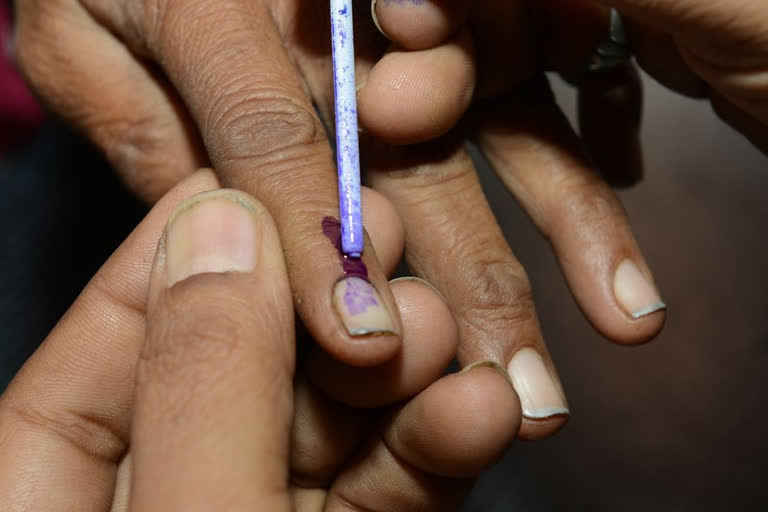Hyderabad: Should India hold simultaneous elections to the Parliament, all state Assemblies, and to the local bodies? This is the basic question underlying discussions on the Modi government’s ‘One Nation, One Election’ (ONOE) proposal. The proposal will be discussed at an all-party meet scheduled on Wednesday.
The idea of simultaneous elections is not new to India. The general elections to the Parliament and the State Assemblies were held together for the first twenty years post independence.
So, the Election Commission (EC) held simultaneous elections during the years 1951-52, 1957, 1962, and 1967.
However, the dissolution of some state assemblies in 1968-69, the dissolution of the Parliament in 1970, and the general elections in 1971 disrupted the cycle.
Since then the Commission did not conduct simultaneous elections on any other occasion.
The BJP, aware of the massive mandate it got in the Lok Sabha elections, appears to be confident of pushing this idea through successfully, as it currently enjoys nearly the same seat share as the Congress had then. This will be the party's major structural change in the electoral system of the country, yet it remains to be seen what BJP's larger goals are behind pushing 'One Nation One Election' idea, other than saving taxpayers money.
There are a few hurdles, though, some of them constitutional in nature. After 1969, a few amendments made it difficult to hold elections simultaneously for Lok Sabha and state assemblies.
The 16th amendment in 1977 is one of them, which entitles Jammu and Kashmir to have the six-year Assembly term, unlike the five-year term for the rest of the states. Currently overlooked in the debate on the issue is the fact that Jammu and Kashmir has its own constitution, which is likely to complicate the issue of One Nation One Election.
‘Amendment of section 52 of the constitution of Jammu and Kashmir, for the words ‘five years’ the words ‘six years’ shall be substituted: Constitution of J&K
Some amendments in the constitution of Jammu and Kashmir become inevitable if this practice has to be implemented. Would regional Kashmiri parties, which are clamouring for political autonomy, be amenable to such amendments, especially at a time when BJP has announced that even the residual autonomous character of the state will be abolished?
Other than the six-year-term for Jammu and Kashmir assembly, various other factors could become an impediment in implementing the idea. For example, the number of security personnel needed for conducting polls simultaneously might increase significantly. The consensus among all regional players would be another challenge. What would happen in case an assembly is dissolved midway? Would a state have to wait for a democratically-elected government for years until the next United election is due?
The idea might face the resistance if the intention is not merely to unify the nation around the timing of election but to benefit one party electorally. The regional players appear to be apprehensive that only the national parties might hold the sway in case the practice of one election is restored. The popularity regional players enjoy would definitely be overshadowed by the national players during their campaigns, if 'One Nation One Election' dream comes true for BJP and its ideological allies.
Also read: Assault on woman forest officer can't be tolerated: Javadekar



